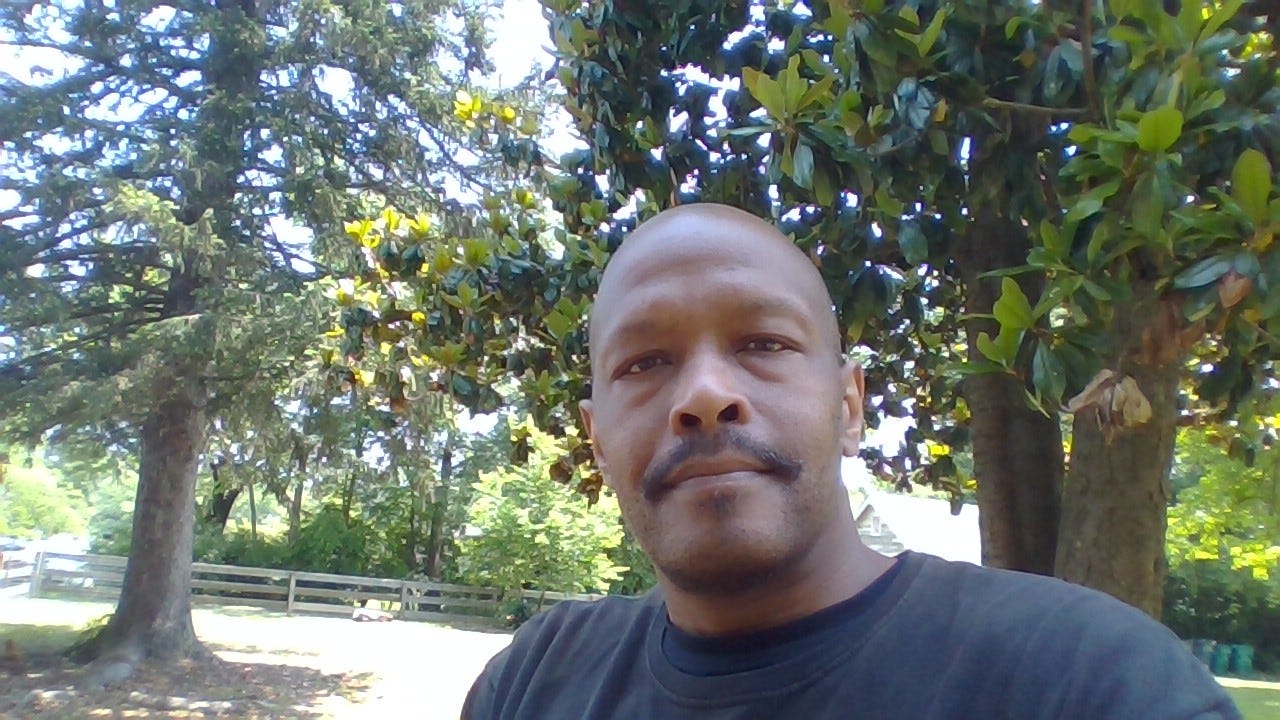Is Imposter Syndrome Silently Killing Your Blog? 5 Ways to Reclaim Your Expert Voice
Struggling with self-doubt in content creation? Learn 5 proven strategies to overcome imposter syndrome, build blogger confidence, and reclaim your expert voice.
What Is Imposter Syndrome—And Why Bloggers Struggle with It
Defining Imposter Syndrome in the Blogging World
Imposter syndrome is a psychological pattern where you constantly doubt your successes and live in fear of being exposed as a fraud—even as your blog traffic and affiliate sales grow. A whopping 70% of people experience these expert impostor feelings at some point brightarrowcoaching.com+15time.com+15chicagobooth.edu+15twinperspectives.co.uk+7linkedin.com+7youtube.com+7twinperspectives.co.uk+1linkedin.com+1. Drift into habitually second-guessing your posts? That’s the core of imposter syndrome in blogging.
Common Triggers for Creators (Comparison, Perfectionism, Audience Size)
Comparison trap for bloggers: Scrolling through other bloggers' polished posts can trigger deep self-sabotage for bloggers.
Perfectionism in blogging: Dr. Valerie Young explains that “unrealistic expectations about competence” fuel imposter syndrome time.com+10gobeyondbarriers.com+10impostorsyndrome.com+10.
Fear of being exposed as a fraud intensifies when your niche grows or your audience expands—those mental blocks in blogging become almost physical.
How It Silently Undermines Your Authority and Growth
Self-doubt in content creation leads to skipping posts, posting less often, or erasing your strongest takes.
You may water down your voice to "play it safe," weakening your branding authority.
Stalled momentum fosters blogging burnout causes, draining your creative confidence in your blogging journey.
The Hidden Ways Self-Doubt Shows Up in Your Content
Skipping Posts Because You “Don’t Feel Ready”
Your inner critic convinces you nothing is “good enough.” But as Dr. Young advises: “Don’t wait until everything is perfect … Get version one out the door and course-correct.” time.com +5twinperspectives.co.uk +5chicagobooth.edu +5gobeyondbarriers.com
Watering Down Your Voice or Playing It Safe
To avoid judgment, you turn bold advice into generic tips. The result? You lose your unique 'expert identity'—and your affiliate conversions tank.
Constantly Editing Without Publishing
Overworking a single post causes paralysis. That’s writer’s block and self-worth collapsing into one endless loop.
5 Proven Ways to Reclaim Your Expert Voice and Show Up with Confidence
1. Reframe “Expert” as “experienced.”
Stop believing that an “expert” is someone who knows everything. You don’t need omniscience—just experience. Label your posts as “What I’ve Learned” or “My 3 Biggest Lessons,” and eliminate imposter pressure instantly.
2. Keep a Proof Folder of Positive Feedback
Track email replies, affiliate success notes, social media DMs—any reader praise or conversion data. When your limiting beliefs about content creators weigh you down, open that folder and remember: your blog does matter.
3. Share While You Learn—Not Just When You’re “Done”
Create mini-case studies or behind-the-scenes posts. Real-time vulnerability on audience trust and authenticity builds connection—and kills the fear of visibility.
4. Audit Your Wins (and Celebrate Them Publicly)
Once a month, highlight your top-performing posts, affiliate bestsellers, or newfound subscriber growth. The cycle of self-worth and audience growth is fueled by visible progress—don’t keep it hidden.
5. Practice “Publishing Before Perfect.”
Set a blitz challenge: publish five short posts in a week. Work through the fear of not being good enough. Each post is creative confidence blogging in action.
How to Build Authority Without Faking It
Why Transparency Is More Powerful Than Perfection
Audiences sniff out fakery. Instead, own the scrappy, messy, learning-in-public vibe. It’s an emotional block in content creation that builds trust.
Speaking to One Person (Instead of the Masses)
Narrow your target persona. Write to her about questions, fears, and goals. A personal voice equals authenticity vs. authority—crafted, not forced.
Letting Readers Grow With You—Not Just Learn From You
Publish progress reports: “Here’s what’s working, here’s what I messed up.” Readers love being part of the journey. They’ll perceive you as a real, evolving expert.
Final Thoughts: You Deserve to Be Heard (Even If You Don’t Feel Like an “Expert”)
You’re Already Ahead of Someone Who Needs You
Some blogger out there is looking for your exact “5-day launch plan” or “affiliate funnel structure.” Not showing up is stealing from them.
Confidence Comes Through Consistency
Imposter syndrome in solopreneurs thrives in inconsistency. Publish weekly—even short posts—and your momentum eats away at self-doubt.
Invite Your Readers Into the Journey—Not Just the Finish Line
Use your newsletter to share both wins and bloopers. Emotional resilience for bloggers is built by embracing vulnerability—not hiding it.
🔎 FAQ (for SEO & reader trust)
1. Is imposter syndrome the same as low self-esteem?
No—most bloggers experience imposter feelings despite strong performance or reader praise. Self-esteem is broader; imposter syndrome is tied to performance and fear of being outed. brightarrowcoaching.com +1kajabi.com+1.
2. Does perfectionism make imposter syndrome worse?
Yes. Perfectionism casts your work as never ready. Dr. Valerie Young associates high perfectionism with chronic imposter feelings. verywellmind.com+9impostorsyndrome.com+9cindrakamphoff.com+9.
3. What if I still feel like a fraud after these steps?
Track your result data—engagement, affiliate sales, reader DMs. Over time, objective proof beats internal doubt.
4. Should I seek professional help?
If imposter feelings trigger anxiety or depression, talking to a therapist can help—especially if you often attribute your success to luck.
🎯 Final Takeaway
Imposter syndrome Blogging isn’t a flaw—it’s a signal. It shows you care deeply about your influence, trustworthiness, and the lives you impact. Your expert voice isn’t hidden—it’s waiting for you to step fully into it. Use these five actionable steps to quiet your inner critic and transform self-doubt into unapologetic authority.
✅ About the Author: Stephon Anderson
I'm a seasoned affiliate marketer dedicated to helping you achieve massive success with proven strategies, ethical practices, and real-world results. I share actionable tips to grow your audience, boost conversions, and build lasting authority online.



